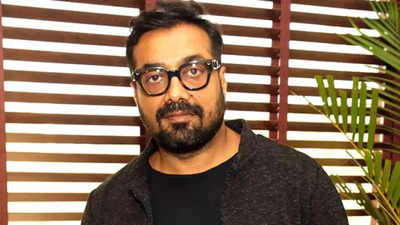Hyderabad: A two-judge panel of the Telangana High Court comprising acting Chief Justice Sujoy Paul and Justice Renuka Yara deferred hearing in the public interest litigation (PIL) regarding the restoration of heritage structures, particularly the former British residency complex, including the Hashmatgunj gate. The panel was dealing with a suo motu PIL registered at the instance of Vasanta Sobha Turaga. The panel had earlier directed the director of the government’s heritage department to submit a fresh affidavit detailing the nature of the work undertaken after August 2023, along with photographs. A letter was addressed to the court by Turaga highlighted the deteriorating condition of the Hashmatgunj gate, located on Badi Chowdi Road at Kabootar Khana in Sultan Bazaar. The petitioner also pointed out that the western wing of the gate collapsed due to neglect and urged the government to undertake comprehensive restoration work. The plea also sought a declaration that the complex as a protected monument, similar to the residency in Lucknow. The government pleader submitted that the latest status report on the restoration works was filed. Accordingly, the panel appointed Vivek Jain as amicus curiae to assist the court and posted the matter after summer vacation.
Nod sought to demolish temple shops
Justice Pulla Karthik of the Telangana High Court admitted a writ plea filed by the Mancherial municipality, seeking permission to dismantle 16 temple-owned shops to facilitate a road widening project in the town. The municipality aims to remove eight ground-floor and eight first-floor shops located on the northern side of the Sri Vishwanatha Swamy Temple, alongside Ganga Reddy Road, to expand the stretch between Mukharam Chowrasta and the Indian Oil petrol bunk to a width of 60 feet. The shops are owned by the endowments department and managed by Sri Vishwanatha Swamy Devasthanam. The petitioner contended that alternative land and structures would be provided to the affected parties as per Municipal Council Resolution No. 419, dated January 6. The judge directed the respondent authorities to seek instructions and file their response by the next date of hearing.
Doctor acquitted in negligence case
Justice E.V. Venugopal of the High Court of Telangana acquitted a doctor accused of medical negligence in the death of a patient in 2009, bringing closure to a legal battle that spanned over a decade. The judge was dealing with a criminal revision filed by Manimudra Vincom Pvt. Ltd. The case originated from a complaint lodged in 2013, four years after the patient’s demise, alleging that the negligent treatment of the doctor led to the death. The petitioner argued that the complaint was time-barred, as the legal limitation for such offences was three years. The court agreed, noting that the prosecution failed to justify the delay or prove that the delay was in the “interests of justice” under Section 473 of the CrPC. The judge emphasised that there was no evidence of criminal intent or gross negligence on the part of doctor. The court observed that the doctor only conducted diagnostic tests and referred the patient to another specialist, which did not amount to cheating or criminal negligence, attracting the offences under the Indian Penal Code. The court, referring to various rulings of the apex court, reiterated that criminal liability in medical negligence cases required a high threshold of “recklessness or gross negligence,” which was absent here. Additionally, the court noted that the complainant had already approached the State Consumer Disputes Redressal Commission, which had awarded compensation, indicating that the matter was more suited for civil liability rather than criminal prosecution. However, the judge further emphasised the distinction between civil and criminal liability in medical negligence cases. Accordingly, the judge clarified that the findings in consumer forums did not bind criminal courts, as the standards of proof differed significantly, and allowed the criminal revision case by discharging the appellant from the charges.




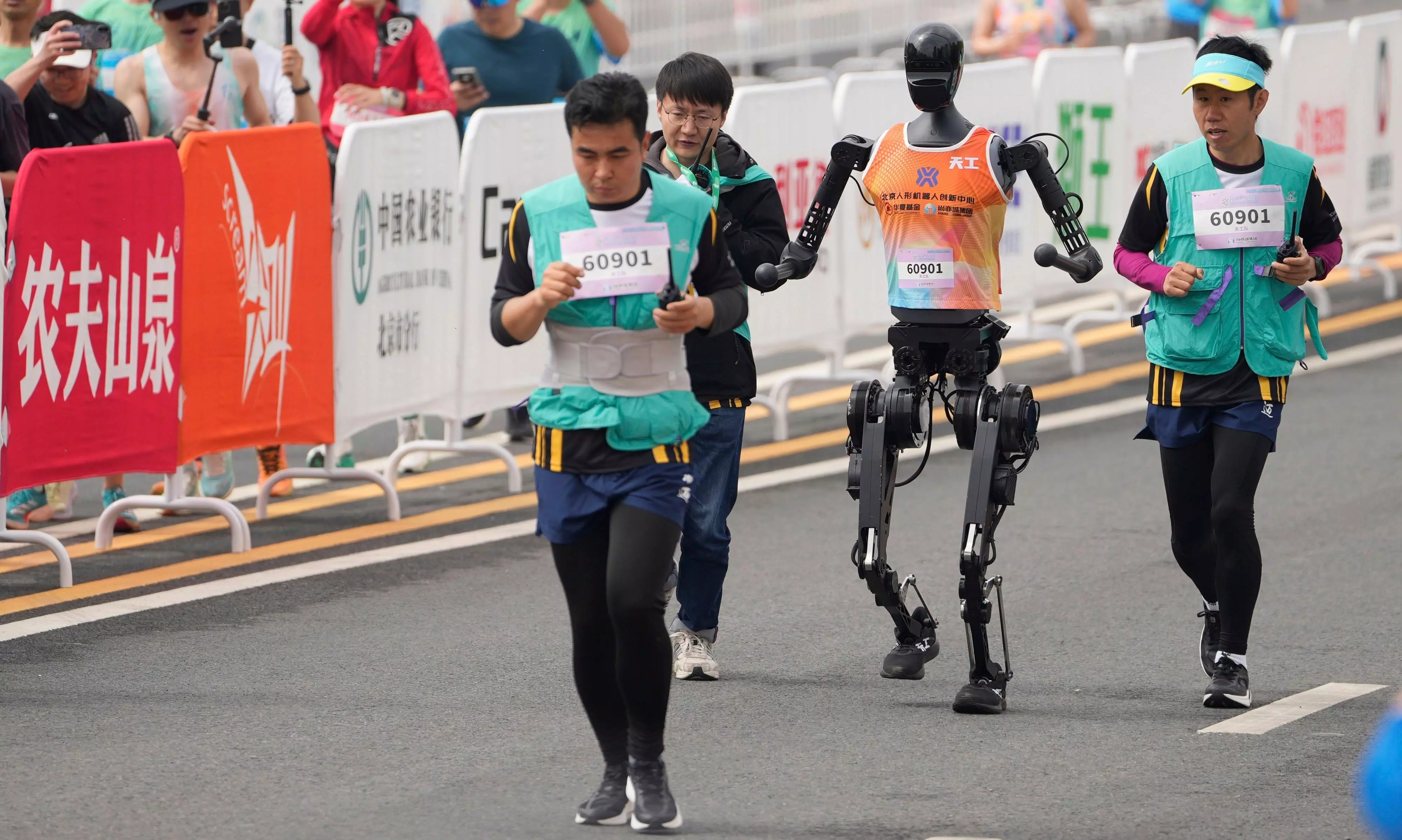


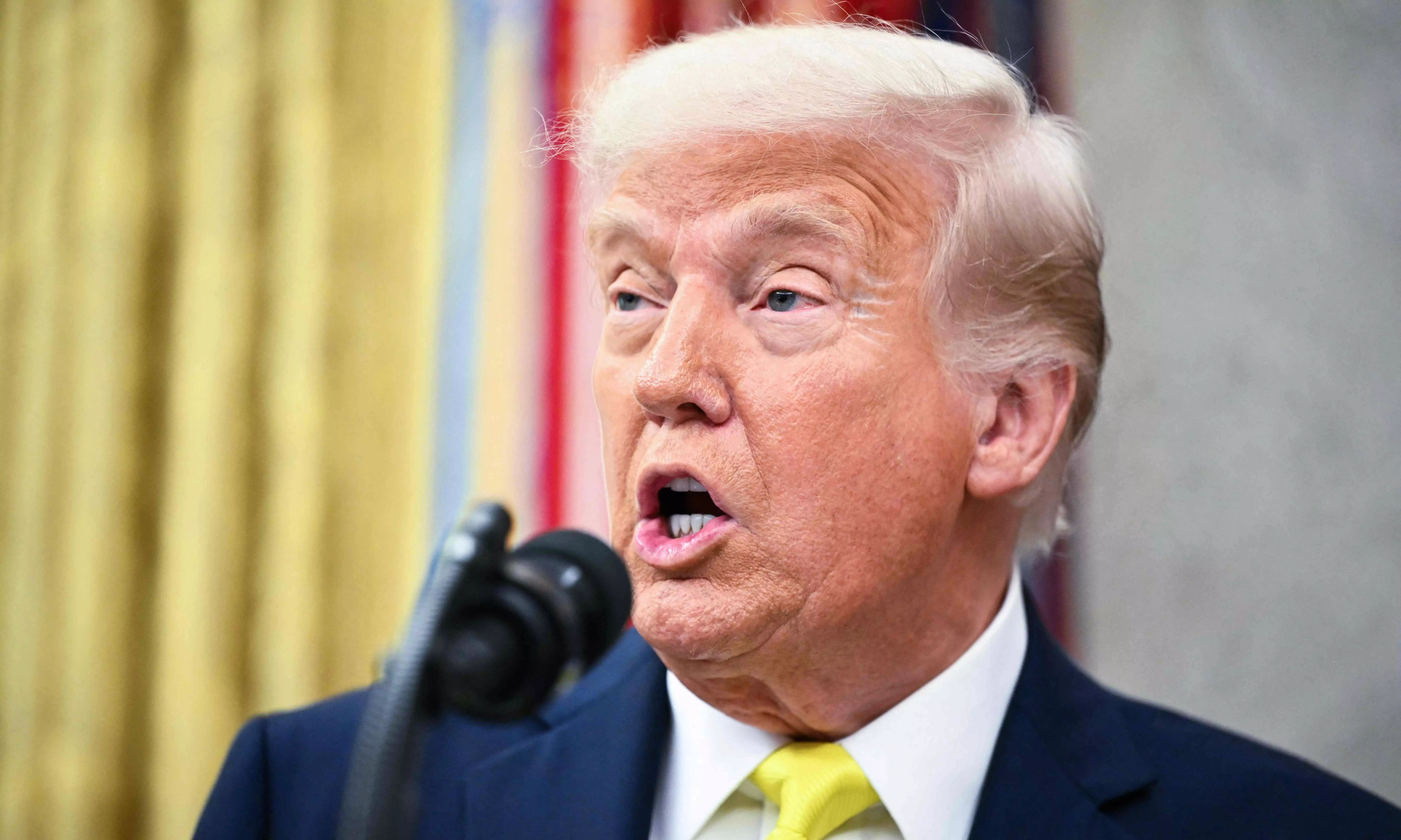





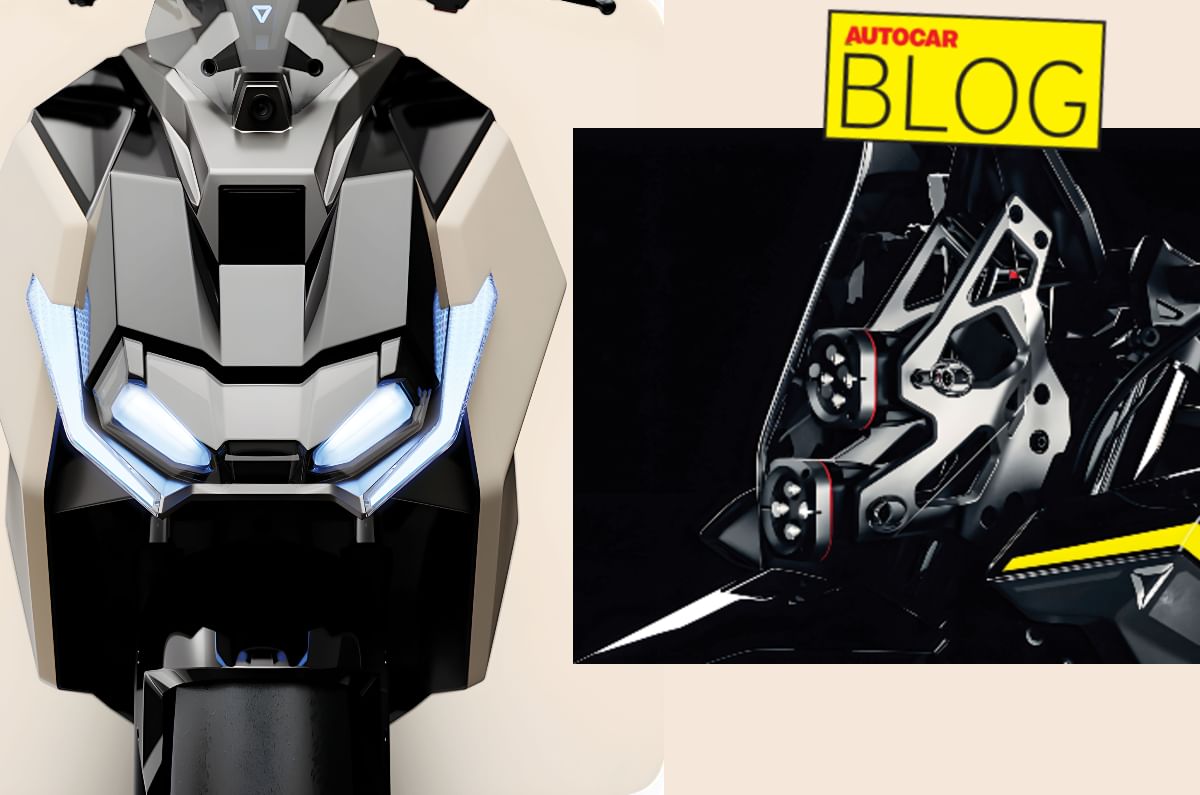

.jpg?w=735&h=415&q=85)
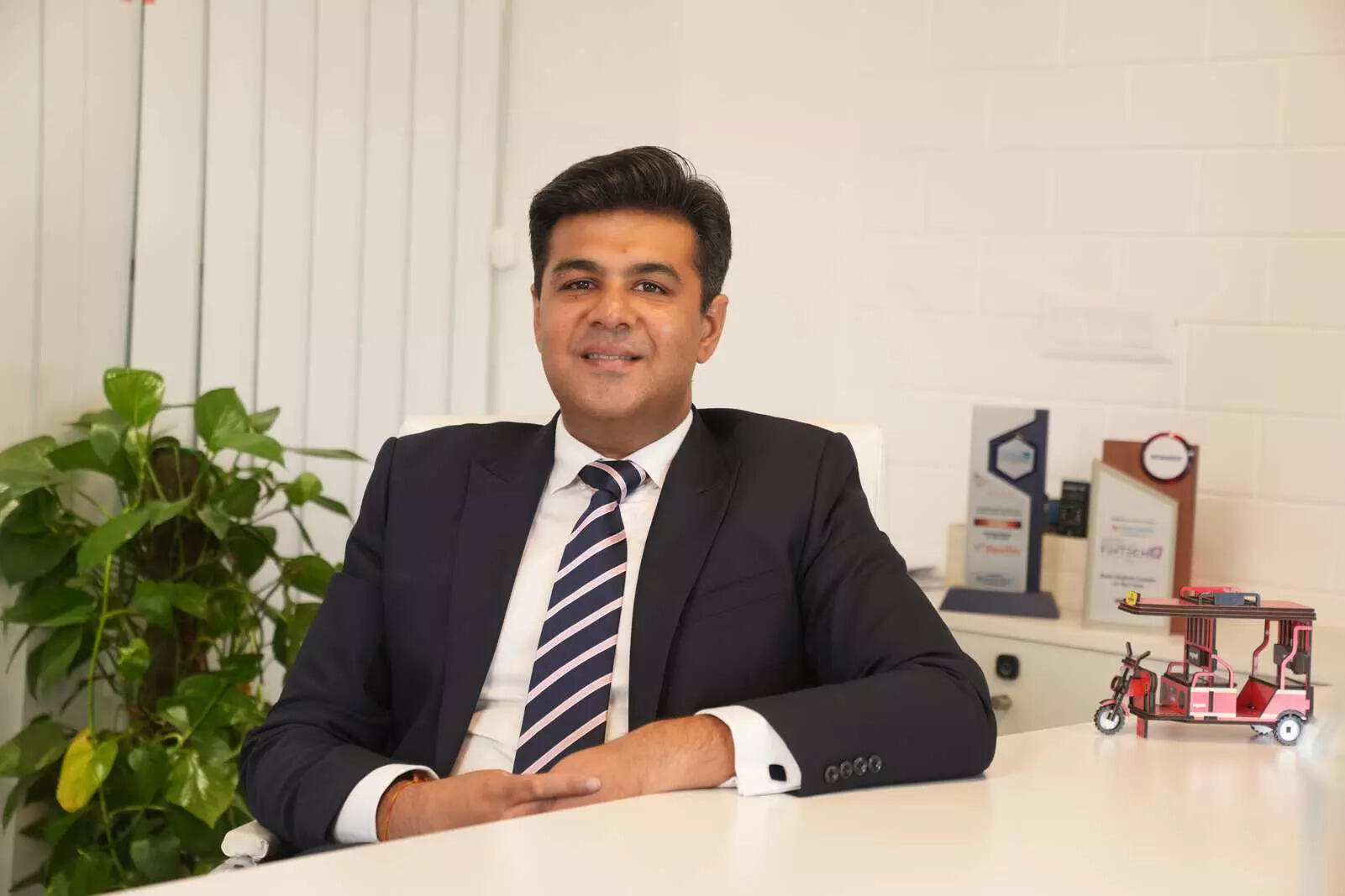
.jpg?w=700&c=0)















